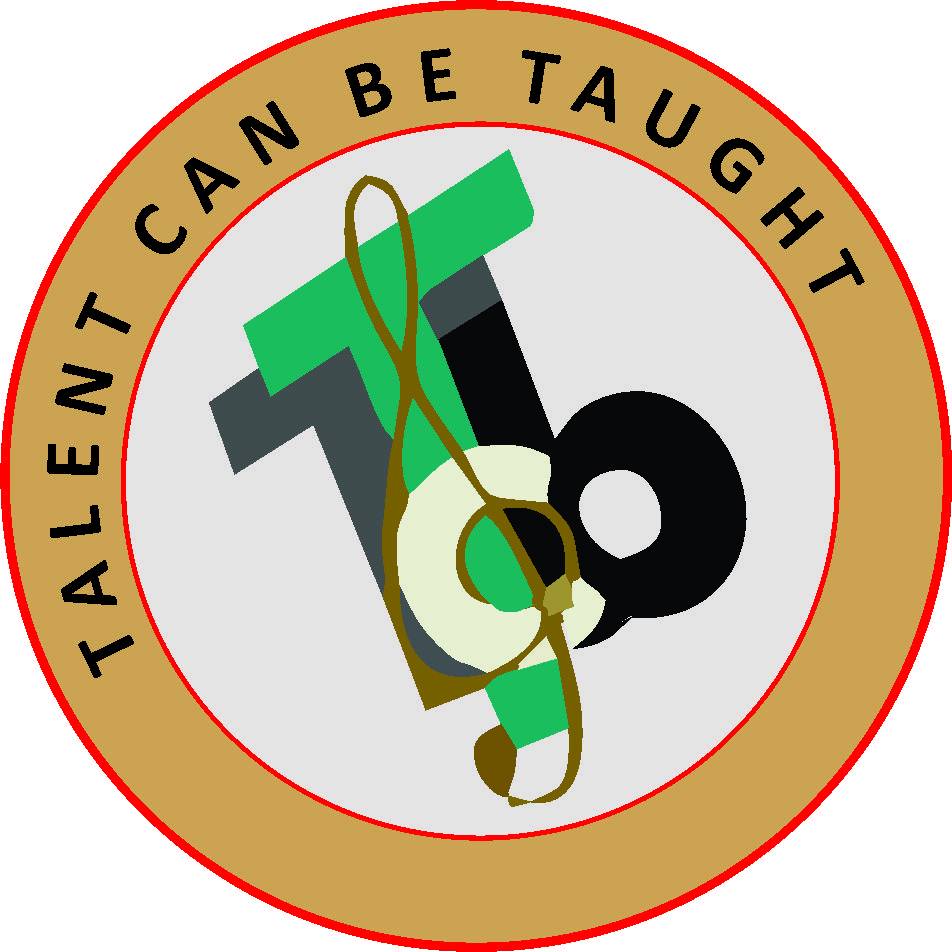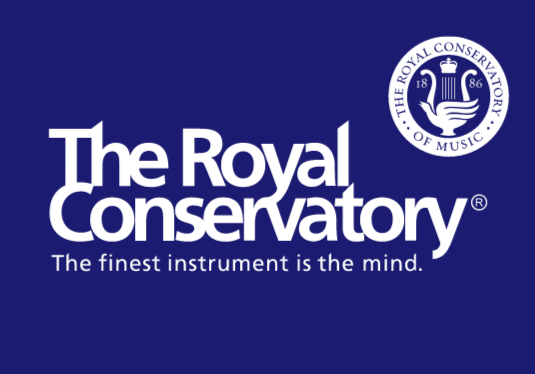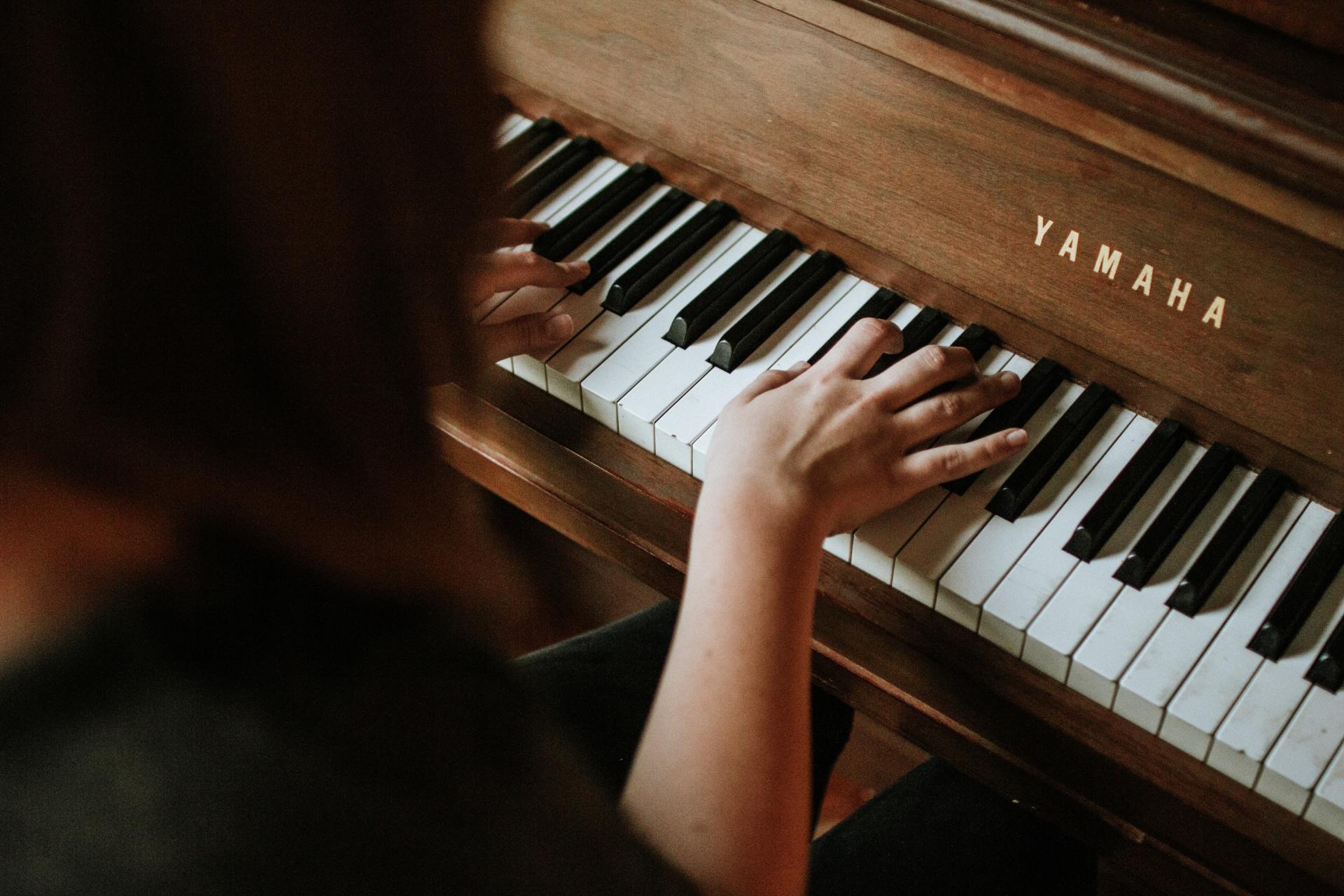Music Actually Can Make Us Happy
Stephen Riches • April 13, 2020
Classical Music

Song sung blue, everybody knows one Song sung blue, every garden grows one
Me and you are subject to the blues now and then
But when you take the blues and make a song
You sing them out again
Song sung blue – weeping like a willow
Song sung blue – sleeping on my pillow
Funny thing, but you can sing it with a cry in your voice
And before you know, you get to feeling good
You simply got no choice.
The above song by Neil Diamond reflects what anecdotal reports have long suggested; namely that listening to and singing music actually affects us physically by increasing our “heart and breathing rate”. Some people even mention having “chills and shivers”.
One study concluded that classical music was particularly powerful. The Samuel Barber Adagio for Strings was singled out as being especially impactful. If you’re not familiar with that selection by name, it was used in the soundtrack for the movie “Platoon”.
I’ve had these experiences, myself. I recall hearing pieces of music that were more alarming than watching a horror movie. Likewise, I can recall moments of great exhilaration from listening to a magnificent or inspiring music selection.
Well, now there is scientific information supporting this phenomenon. It turns out that during a listening experience, blood flows to an area of the brain that causes dopamine to be released. It’s a chemical that causes feelings of pleasure.
For centuries in many cultures, music and dancing has been used in celebrations of many various types. So, at this time of “Social Distancing”, it makes sense to listen to our favourite music. To paraphrase Maria in the Sound of Music we can use it to “simply remember our favourite things, and then we won’t feel so bad”.
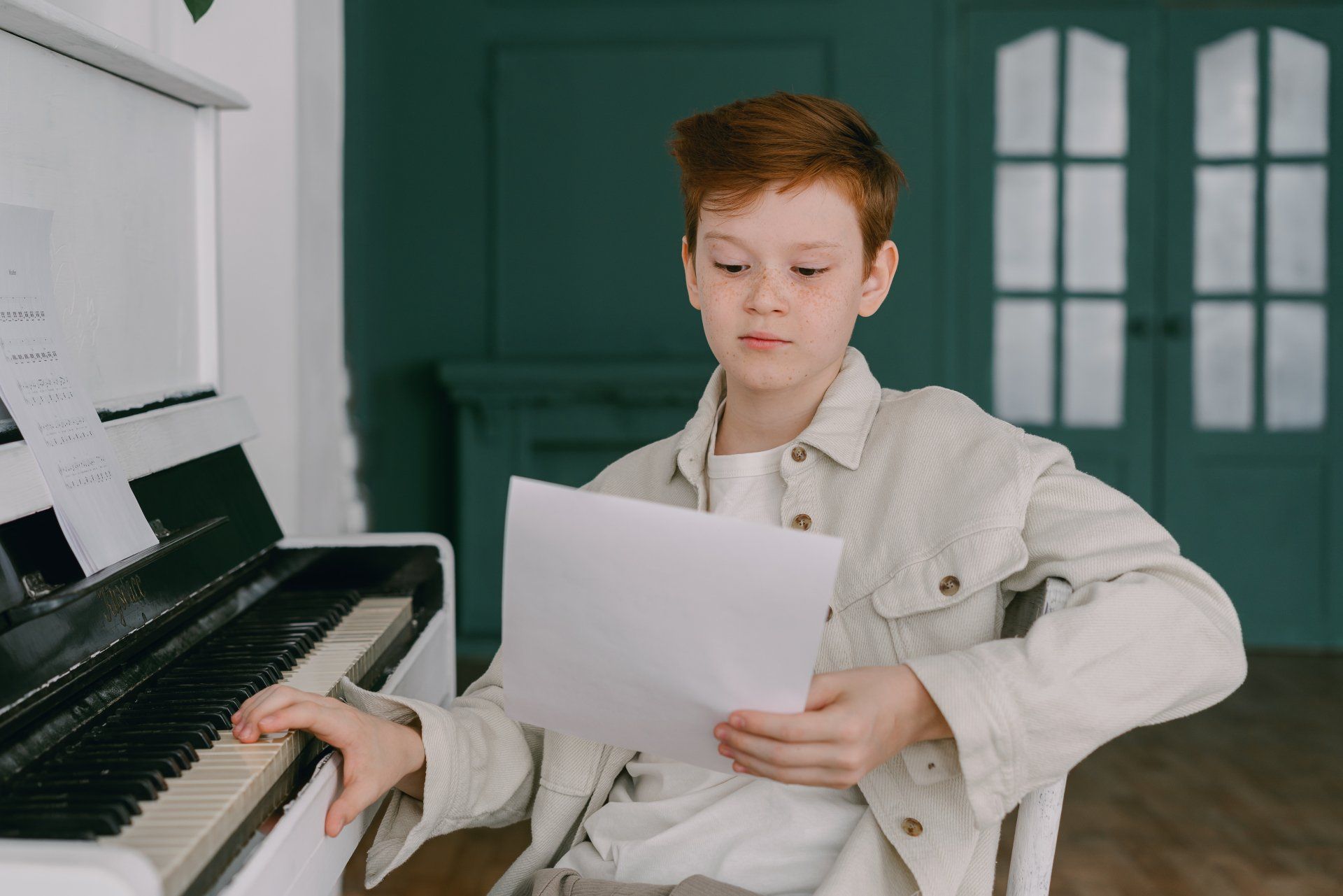
After pointing out in two previous blogs that becoming musically talented takes time and persistence to make sure that no steps in the process are skipped, it may seem to be a contradiction to suggest that that there are quick ways to prepare for an RCM exam. However, I do know that everyone wants to succeed quickly, and so, here are a few strategies that that lead to a faster than average speed of learning.
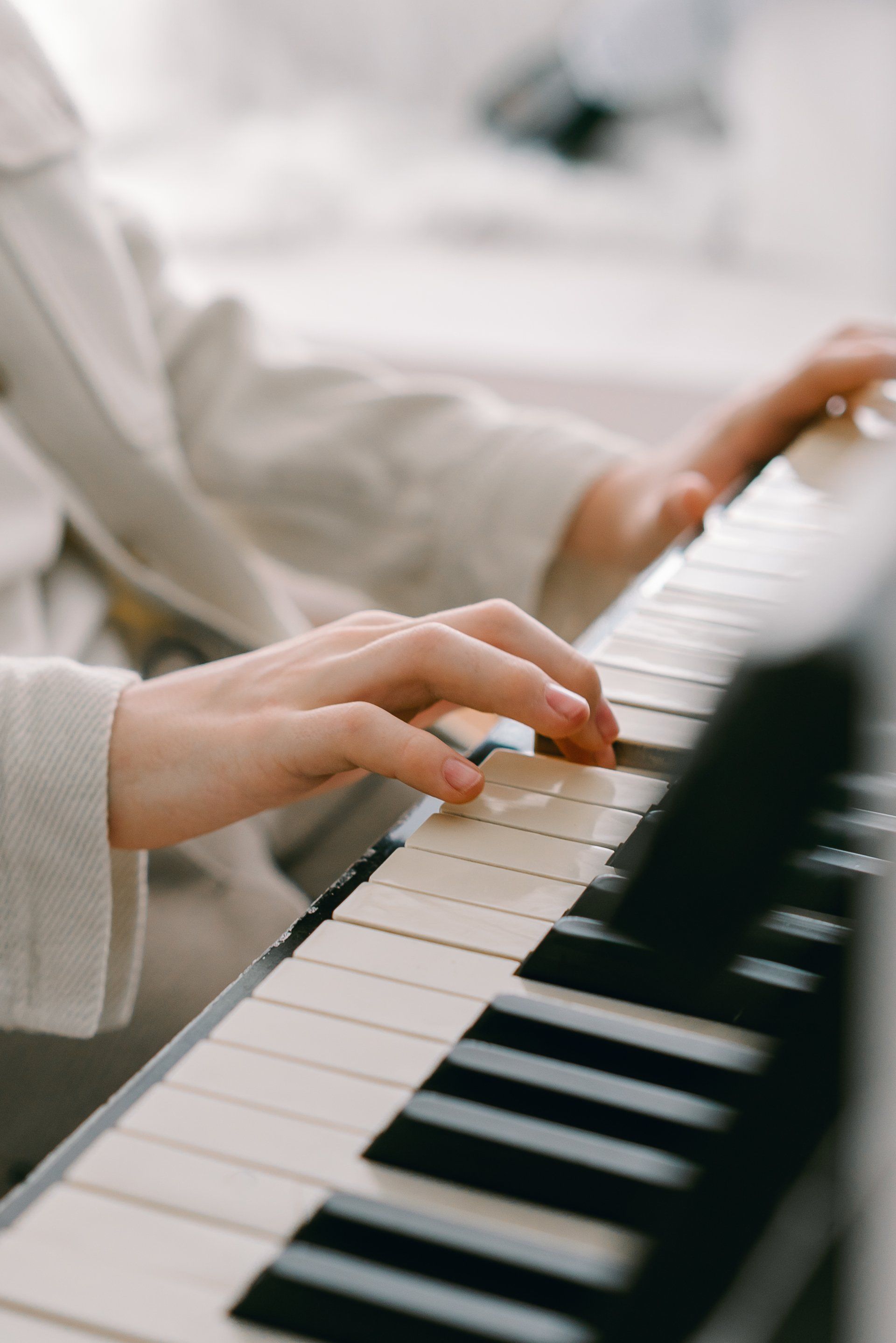
In my previous blog, I mentioned that in 2007, the Royal Conservatory of Music made eight excellent suggestions to help students improve their achievements on RCM exams. And, I went on to point out a single factor that may have led to these eight common deficiencies as noted by RCM examiners. Here, now, is my own personal list of seven ways that Talent Canada Music Academy seeks to improve our students’ overall success.

In a recent blog I referred to a “Ten Factor Formula” for music training. I mentioned that with the Talent Can Be Taught system, a beginner could become as competent as most teachers within five years, and an outstanding professional performer within ten years by starting lessons with the formula of a 10-minute daily lesson and 10 minutes of daily independent practice at the start. This success does not depend on pre-existing music aptitude or extraordinarily hard work, but rather a consistent and disciplined process of developing critical skills. The key factors are frequency and consistency. Unfortunately, the conventional approach to private music training has never worked for the vast majority of all students, as evidenced by the more than 99% of beginners who give up in frustration within three years of starting, and soon forget how to play all or most of what they ever learned. At the heart of the reason that they quit is that they are missing the magic of synergy in their learning experience. For example, one of the key factors that leads to success in everything is momentum. Everyone knows the power of momentum in sports and most of you have probably witnessed a memorable example of what happens when one team has the momentum and the other doesn’t. The experience is either exhilarating or devastating, depending on which team you are on or supporting.

There are, perhaps, few more profound questions that can be asked. It’s right up there with “What is the meaning of life”? Or “What is Truth”? It might seem to be obvious, yet at the same time it’s complex and intriguing. Music is a very powerful force in our lives. We all sense that instinctively. But I suggest that there are three ways, in particular, that music is at the very core of our human experience. Music is important, first of all, because it has the capacity to communicate more deeply than words which makes it a universal language. Its significance can be understood across all cultures and in spite of other barriers such as language. It has the potential to make us feel frightened, or exhilarated. It can make us laugh or cry. It can cause us to dance or close our eyes in meditation. In short, we feel and understand music deeply in our sub-conscious. Music also has the capacity to connect us to times, places, people, and events in our lives. And those connections, in turn, can affect us emotionally. This is why music can be such a powerful tool for connecting with elderly people who may be suffering from cognitive or memory loss. Finally, music has the capacity to be as unique or singular in creation as a fingerprint or DNA. Two or three consecutive notes played on a melodic instrument could often be identical in many different songs. But, magically, when various elements of music are used in combination, the result can be like a key or a signature allowing access and enabling us to identify the selection instantaneously, sometimes even from the first and slightest momentary sound. So music is ultimately a creative expression and extension of everything we are.
